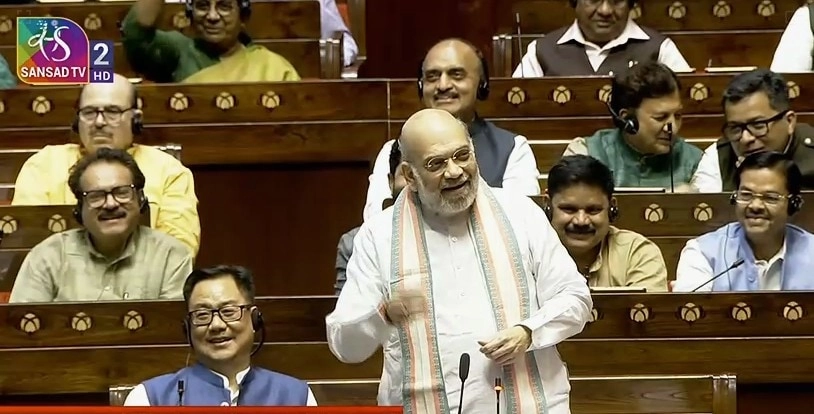President Droupadi Murmu has officially accepted the resignation of Jagdeep Dhankhar from his position as Vice President of India. This significant political development marks a pivotal moment in the Indian political landscape, as Dhankhar has played a crucial role in the functioning of the government and the Rajya Sabha, the upper house of Parliament. His resignation may lead to a reshuffling of the political dynamics within the ruling party and could potentially influence the upcoming elections.
Jagdeep Dhankhar, who has held the Vice Presidential office since August 2021, has been recognized for his active participation in legislative proceedings and his efforts to enhance the functioning of the Rajya Sabha. His tenure has been marked by notable engagements on various issues, reflecting his commitment to upholding democratic values and parliamentary decorum. The acceptance of his resignation by President Murmu is seen as a formal acknowledgment of his contributions during his time in office.
The implications of Dhankhar’s resignation extend beyond just the political sphere; it also raises questions about the future direction of India’s governance. With elections on the horizon, political analysts are keenly observing how this shift will affect party strategies and voter sentiments. The ruling party must now identify a suitable successor who can uphold the responsibilities of the Vice President while also appealing to a diverse electorate. As the political landscape evolves, the focus will undoubtedly shift to how new appointments and leadership changes will shape policy decisions and legislative priorities in the coming months.




